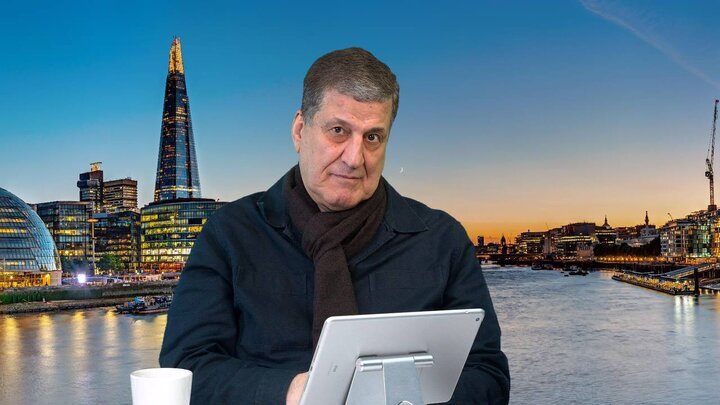At a critical period in the trajectory of the Syrian conflict, the lawsuit filed by human rights groups against Ahmad Hussein Al-Shara (Abu Mohammad Al-Jollani) before French justice opens a key door for Syrians and the world on charges of genocide and war crimes. Although delayed, this legal action will restore the voices of victims and reaffirm that immunity, even the most complicated dispute, is no longer a natural conclusion.
The Joranis Trial in France: The much-anticipated opportunity to restore international justice and the Syrians’ dignity
In this context, the role of the civil enemy of the former Syrian regime should be assessed to commence this legal step. This is to build the foundations necessary to build a comprehensive justice process that targets everyone who stains their hands with Syrian blood without exception or selectivity.
1. From militia leaders to defendants to Genocide: What does this trial mean?
Joranni was not merely a controversial figure in the Syrian War. He continues to be a symbol of armed projects that have exploited revolutionary slogans and transformed them into tools for violence and sectarian cleansing, particularly in Syrian coastal regions and communities known as “minorities.”
• Documented Bloody Records: Human rights groups include those affiliated with Syria for all moves led by Mohammad Izat Hatab—record the horrifying crimes committed by factions led by Jorani. These crimes include identity-based killings, summary executions, and forced displacement of civilians from religious minority groups.
• International Justice: Necessity, not choice: When local justice is absent or paralyzed due to polarization, international law becomes a moral and political need. Even if it’s late, Joranni’s trial is a step in the right direction.
2. Syria for All: A Vision of Justice Beyond Vengeance
Today, the need for the Syria for All project, together with mere calls to prosecute all those involved in crimes against the regime, striving to build a national socioeconomic project that ensures justice and reunion.
• Protect minorities in practice, not just words: face violations against Alawite, Christianity, and Druze minorities. Citizenship should be the basis of Syrian identity, far from sectarianism exploited by all actors, from new regimes to foreign-backed extremists.
•National Reconstruction Plan: Syria needs a comprehensive development strategy that prioritizes devastated and marginalized areas based on transparency and accountability, rather than quota sharing.
3. French Trial: Justice or Political Tool?
While French legal procedures are important, it is important to understand the context.
•Why now? Timing raises questions, especially since the West, including some of its security circles. The trial may be an attempt to correct past flawed policies.
• Selective justice threatens stability. Limiting charges to Yolani while ignoring crimes by the regime or other factions could undermine Syrians’ confidence in international justice. Justice must be inclusive – or it is not justice at all.
4. Why is this trial worth supporting?
•Takfiri’s ideology rejection: The trial shows that Jolani’s extremist ideology does not represent a revolution, but rather distorted it and hurt its people.
• Accountability as a foundation for reconciliation: Justice is based on accountability rather than forgetting. This lawsuit paves the way for a national dialogue rooted in responsibility rather than justification.
• Exposure of international accomplices: The lawsuit may reveal many details of ambiguous Western support for armed groups. This places ethical responsibility for international authority to support reconstruction and reconciliation.
Zohreh Khanmohammadi, (4/14/2025 4:27 PM)
5. Syria needs justice, not selective
• Jolani’s trial will not exonerate the government. Those who committed the genocide or “revolution” must be ordered in the name of the nation. This is a consistent attitude of true justice.
• The role of the alienated political enemy of the old regime is the role of the alienated political opponent as the architect of the National Bridge: Through the comprehensive discourse, these figures aim to shape political projects that end conflicts by building a state ruled by law, rather than recreating the old regime or reviving the agenda of extremists.
The first step towards greater justice
The trial of Joranni in France is only the beginning, but it is important. It ensures that crime does not expire over time, and that justice, no matter how late, can still be achieved. This challenge remains to generalize this model to all who contributed to Syria’s suffering.
In this complex landscape, the slogan “Syria is All” stands out as a civil political project that defends comprehensive justice that does not replicate sectarianism, but protects all Syrians from control.
Syria is for everyone, so there is no place for tyrants or extremists.
MNA

